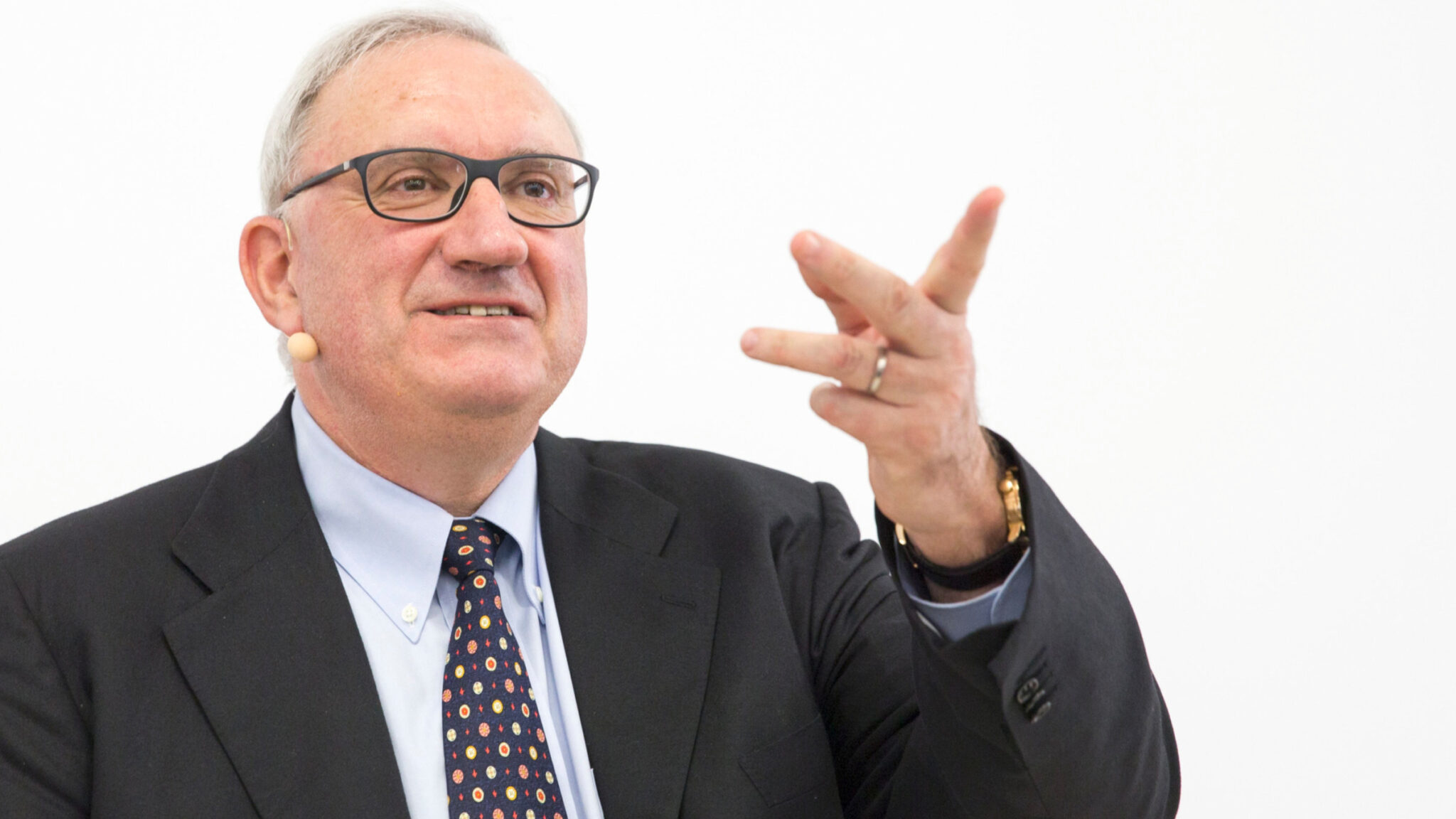
Idorsia claims PhIII win for hypertension drug at center of $230M J&J deal
Months after earning its first approval, Idorsia is back with a Phase III win for a different, J&J-partnered drug.
The Swiss biotech said aprocitentan, its dual endothelin receptor antagonist, has aced a late-stage trial involving patients with resistant hypertension, spurring statistically significant reductions in blood pressure on top of background therapy.
The topline results confirm Idorsia’s hypothesis that endothelin is the “missing link” for patients whose hypertension can’t be controlled by existing therapies, according to CSO Martine Clozel. By its estimate, by 2025 that group could total 10 million in the US alone.
Unlock this article instantly by becoming a free subscriber.
You’ll get access to free articles each month, plus you can customize what newsletters get delivered to your inbox each week, including breaking news.